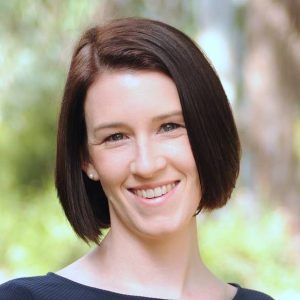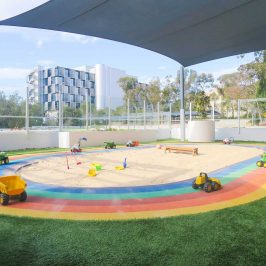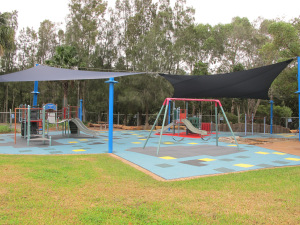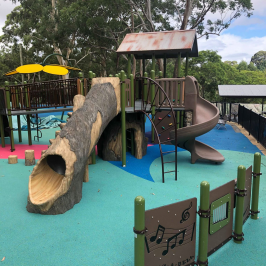by Lonni Aylett
The first of July ushers in the broadest changes to superannuation that have occurred for a decade. To help you understand what these mean for you I have focused on 5 key changes that are most relevant to young families in Ryde.
Lower annual contribution caps
For most working people, contributing to super saves a lot of tax compared to taking that money as income in your hands. Naturally this costs the government a lot in tax revenue, so from 1 July 2017 they are reducing the amount you can contribute on a before-tax basis to $25,000 per annum, regardless of your age. Similarly, they are reducing the limit on after-tax contributions to $100,000 per annum (down from $180,000). This means we will need to be taking full advantage of these limits over our working lives rather than leaving it to the last few years before retirement.
Catch-up contributions
“Extra super contributions? You’re kidding – I’m drowning in childcare fees and mortgage payments!” The government recognises that there are periods in life when it is difficult to take full advantage of the annual $25,000 cap on before-tax contributions, so from 1 July 2018 you will be able to start carrying forward unused portions of your annual cap for up to 5 years to catch-up on contributions later. So once all the kids are at school and you’re back at work full time, you can catch up on lost time. Contributing to super is one of the simplest way to save tax and make sure more of your income stays in your own pocket.
More flexibility to make tax-deductible super contributions
Self-employed people can already make a personal contribution to super and claim it as a tax deduction. If you’re an employee, you need instead to do this via a salary-sacrifice arrangement with your employer. Trouble is, some employers don’t offer salary- sacrifice, and the rules surrounding salary-sacrifice arrangements can make it difficult to take full advantage of the annual limit. From 1 July 2017 anyone will be able to make personal contributions to super and claim a tax deduction for them. So if you haven’t gotten around to salary-sacrificing all year, you can make a top-up contribution in June to take full advantage of your annual $25,000 cap.
More people liable for additional contributions tax
People who earn $300,000 or more (including your compulsory super contributions!) currently pay an additional 15% tax on their contributions to super. From 1 July 2017 this threshold reduces to $250,000. If you have other income (eg rent or dividends) then this will count towards this threshold too. Remember though that although none of us enjoy paying more tax, 30% on super contributions is still most likely less than your marginal tax rate if you are caught by these measures.
Using super to save for a house deposit
You may have heard the announcement in last month’s Federal budget that first home buyers will be allowed to use superannuation to save for a house deposit. It is unclear whether this measure will pass through parliament, but if it does, then individuals will be able to salary-sacrifice up to an additional $15,000 per annum (to $30,000 in total) to super to save for a house deposit. Couples would be able to save up to $60,000 combined this way. Although first home buyers in Ryde are likely scoffing at the idea of a $60,000 deposit (and there are also questions about whether it will drive up housing prices) the tax savings on this scheme are attractive.
This is only a selection of the changes happening to superannuation over the next 12 months. If you have questions about these or any other changes, please don’t hesitate to get in touch via email laylett@ords.com.au or on 0403 344 816.
 Lonni Aylett is a local mum and a Financial Adviser at Ord Minnett Financial Planning. https://www.ords.com.au/lonni-aylett.html
Lonni Aylett is a local mum and a Financial Adviser at Ord Minnett Financial Planning. https://www.ords.com.au/lonni-aylett.html
While she works in Ords head office in the Sydney CBD she does local home visits in the evenings within the Ryde area. She has a passion for helping young families achieve their financial goals and values the long-term relationships she builds with clients through the different stages of life.
Lonni Aylett is a Representative of Ord Minnett Ltd (AFS licence 237121) and Ord Minnett Financial Planning Pty Limited (AFSL 237122).














